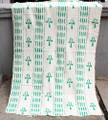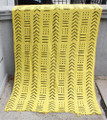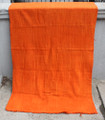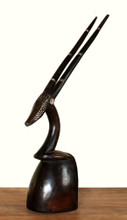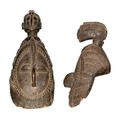 Loading... Please wait...
Loading... Please wait...Product Description
ON SALE
The Bambara numbering 2,500.000 million form the largest ethnic group within Mali.Their traditions include six male societies, each with its own type of mask. Initiation for men lasts for seven years and ends with their symbolic death and their rebirth. Nearly every Bambara man had to pass through these societies in succession, until, upon reaching the highest rank, he had acquired a comprehensive knowledge of ancestral traditions.
The tji wara society members use a headdress representing, in the form of an antelope, the mythical being who taught men how to farm. The word tji means “work” and wara means “animal,” thus “working animal.” There are antelopes with vertical or horizontal direction of the horns. In the past the purpose of the tji wara association was to encourage cooperation among all members of the community to ensure a successful crop. In recent time, however, the Bambara concept of tji wara has become associated with the notion of good farmer, and the tji wara masqueraders are regarded as a farming beast. Bambara myth relays the story of a mythical beast, half antelope and half human, who introduces agriculture to the Bambara people. The dance performed by the masqueraders mimes the movements of the antelope. Antelope headdress in the vertical style, found in eastern Bambara territory, have a pair of upright horns.
The hardwood antelope headdress on display exhibits a graceful slender smooth neck, detailed tribal facing and a pair of 20 inch long horns. The lines of this selection are absolutely beautiful and are highlighted by a rich wood grain. For best presentation I suggest that this item is placed on a flat thick wooden base.
Please click photo for enlargement!
Dimensions: 35 inches tall x 15 inches deep x 7 5/8 inches across the widest point
Any QUESTIONS please leave a message here at Contact Us!



